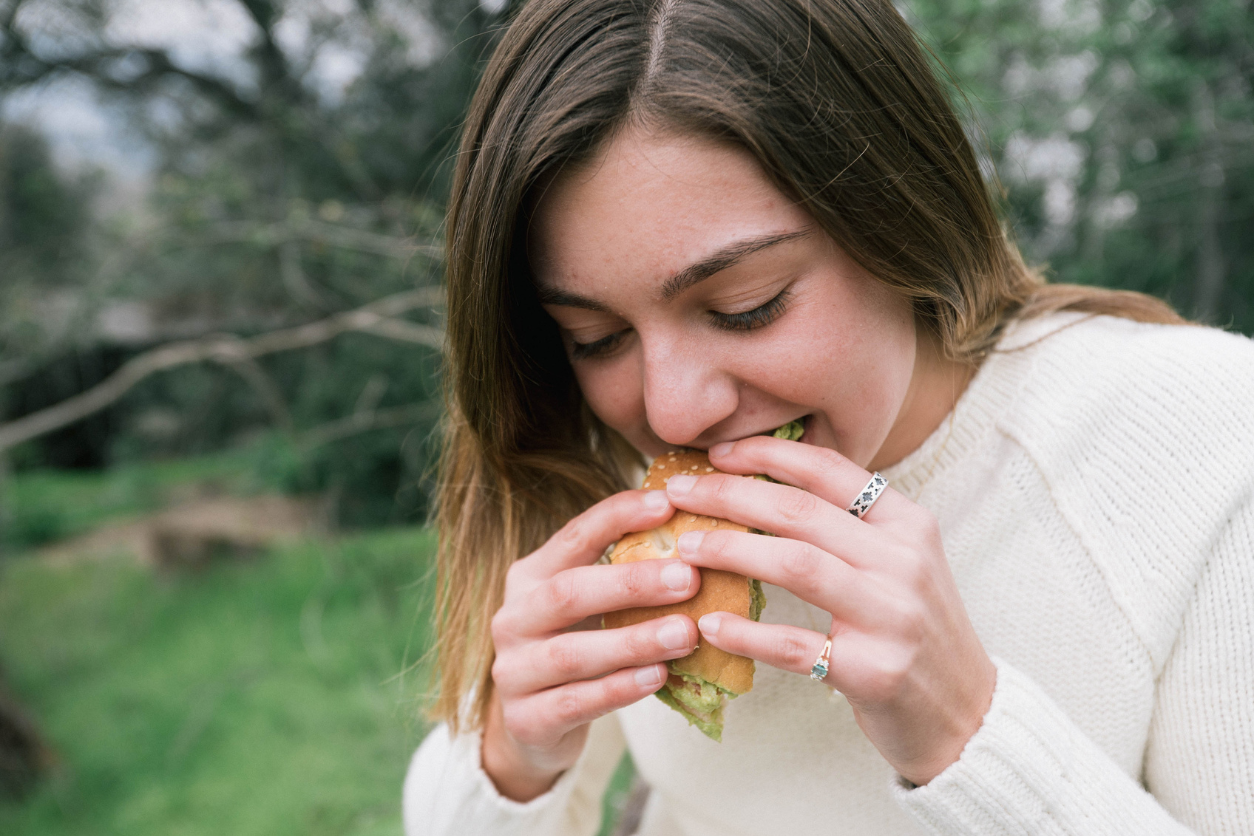Balanced eating means giving your body the right mix of nutrients to keep you healthy, energised, and strong. It’s about eating a variety of foods that provide everything you need to grow, concentrate, and stay active. A balanced diet helps you feel your best and keeps your body working properly.
Eating a balanced diet can:
-
Give you the energy you need for school, sports, and other activities.
-
Help your body grow and develop.
-
Boost your immune system to fight off illness.
-
Support your concentration and mood.
A balanced diet includes different types of foods in the right amounts:
-
Fruit and vegetables: These are packed with vitamins, minerals, and fibre. Aim for at least five portions a day.
-
Carbohydrates: Foods like bread, pasta, rice, and potatoes provide energy. Whole grains are better for digestion and keep you fuller for longer.
-
Protein: Meat, fish, eggs, beans, and nuts help your body repair and build muscle.
-
Dairy: Milk, cheese, and yoghurt provide calcium to keep your bones strong.
-
Healthy fats: Found in foods like avocados, nuts, seeds, and olive oil. These are good for your brain but should be eaten in moderation.
-
Mix it up: Try to eat different foods every day to get all the nutrients your body needs.
-
Portion control: Eat enough to satisfy your hunger without overeating.
-
Stay hydrated: Drink plenty of water to keep your body and mind working well.
-
Don't eat a lot of sugar: Avoid too many sweets, fizzy drinks, and sugary snacks to prevent energy crashes and tooth decay.
-
Plan ahead: Planning meals and snacks can help you make healthier choices.
-
School nurse: If you have any questions about your diet or balanced eating, your school nurse can provide guidance.
-
NHS Eatwell Guide: Find out more about building a balanced diet on the NHS website. The Eatwell Guide – NHS.
-
NHS Healthier Families: Offers ideas and advice to help you eat well and stay healthy. Healthier Families – NHS.
